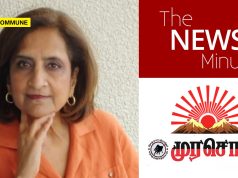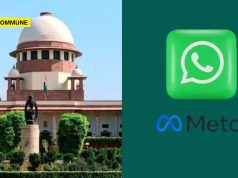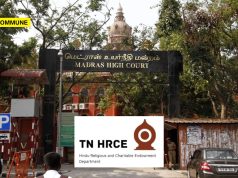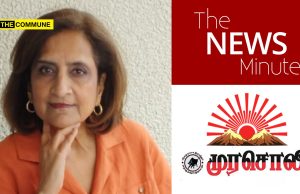
Japanese President Shinzo Abe lifted lockdown throughout most parts of the country except for Tokyo and Osaka.
Being the world’s third largest economy, they had declared a nationwide emergency, urging citizens to reduce contact by upto 80%. This was lifted for 39 out of 47 prefectures, leaving it in force in the capital, Tokyo, as well as Osaka, their second largest urban area, in an attempt to salvage the economy while simultaneously combatting the virus spread.
The effect to restrictions has been varied throughout the country with some non-essential services opening up shop even before the lockdown had been released, with the governors of the respective prefectures taking the call.
Getting back to normalcy would be a gradual process, as estimated by economists after seeing the relapse of cases in countries like South Korea.
In a bid to stimulate the economy, the President has decided to establish a second budget as well as welcome corporate investment to restart ‘ordinary work and daily life’.
Since the greater Tokyo area accounts for a third of the economy, the government has planned to add four more economists to the advisory panel on the path to economic resuscitation. Even as Japan has avoided an explosive outbreak of the virus, their testing rates have also been some of the lowest in the world. The highest number of tests done is in Tokyo, where 5000 were tested positive.




